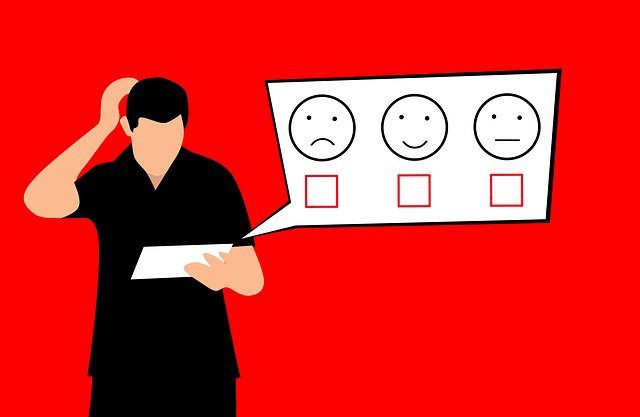
Reputational risk is an issue that every business (no matter their size or nature) has to face. It’s also something that can cause catastrophic damage. Reputation is undoubtedly among an organization’s biggest assets, so if this disappears, the company itself could quickly follow suit.
“It takes 20 years to build a reputation and five minutes to ruin it.”
The above quote by Warren Buffet rings true when it comes to reputational risk. All it takes is for a single error to sink public perception about your business. Dealing with a customer the wrong way, product supply problems, a negative review from a former employee – all of these have the potential to harm your reputation.
With this in mind, it’s essential you take the necessary steps to manage reputational risk. Here are four ways to achieve that goal.
1. Be in control
First of all, it is imperative you have a strong foundation in place for your business. This foundation is established by having all of the right policies, procedures, and technology in place that ensures your company runs smoothly.
For example, say your company is responsible for complying with anti-money laundering regulations. In this case, it’s wise to use AML compliance tools that help you – and your employees – stay on the right side of the law, and out of the headlines for the wrong reasons.
When you have the necessary tools and rules in place, your business is in greater overall control. This minimizes the possibility of a harmful mistake cropping up that could tank your reputation.
2. Understand potential risks
Does your company have any weaknesses that could result in a reputational risk? It goes without saying, but these weaknesses should be ironed out before they lead to a much more severe issue.
As an example, say you run a restaurant and complaints have been coming in about cleanliness. One or two negative reviews from customers may not be too harmful, but if this problem escalates – and the restaurant receives a negative hygiene score from the government – it is likely to permanently damage your reputation.
To understand potential risks, ensure you keep track of feedback from both customers and employees.
3. Focus on positivity
Yes, you will have an eye on ways to prevent reputational risks from cropping up. However, you should also have a focus on further building a positive image for your brand. The better your reputation is perceived by the public, the more forgiving they can be if you suffer from future damages.
Effective governance, transparency, and high-quality customer service all play a key role in building a strong reputation for your business.
4. Have a contingency plan in place
Even if you try your best to minimize the risk, there’s still the possibility your business falls victim to a situation that damages your reputation. As a result, you have to be prepared for this scenario. Every minute counts, and the quicker you respond to the issue, the better your options will be to reduce the harm caused.
